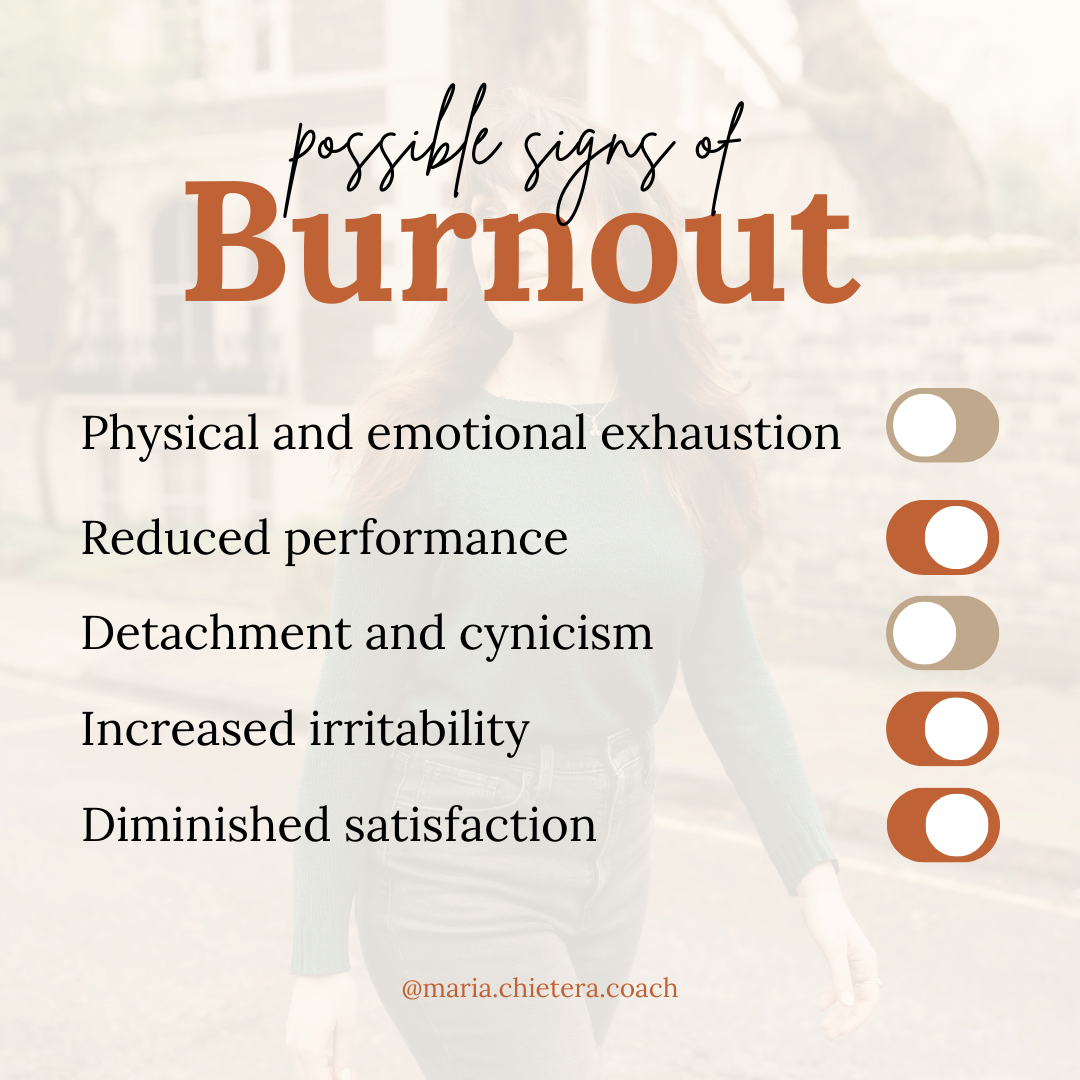How Stress Turns Into Burnout, that B****
As you might know, I spent the first 5 years of my career working as a Software Engineer in fast-paced start-ups and as well as heavy-assed organisations resisting change.
I know first hand the constant pressure to perform, meet deadlines, and manage personal responsibilities can take a toll on one’s mental and physical well-being, and I keep on witnessing it in the beloved ones around me. While stress is an absolutely natural response to challenging situations, it can also gradually evolve into burnout before we even realise it.
I had many conversations with people who sincerely believed they had reached a point of utter hopelessness. They felt as if they had lost their motivation in their career and affection for their loved ones when in truth, they were ‘simply’ experiencing burnout. Identifying and navigating through this state can be incredibly challenging.
In this article, it would like to talk about what burnout is, how to recognise it and what we can do to be better at preventing it.
Stress
Stress is a very normal and healthy reaction to demanding circumstances.
It’s a powerful ally because provides a temporary boost in motivation and alertness, helping us cope with challenges effectively.
However, and that’s the sneaky bit, when stress becomes too much, it starts to erode one’s energy and enthusiasm, leaving us feeling overwhelmed and exhausted.
How much is ‘too much’?
Of course, everyone’s threshold is different. Long hours, high workload, unrealistic expectations, a lack of work-life balance, and lack of control or support.. you name it.
Perfectionism, a strong need to please others or the desire to achieve your goal can really make our life hard.
The symptoms can vary from person to person, and it makes burnout hard to spot, but some common indicators can include:

Breaking the Cycle
Like with every challenge, we perfect our art with time. With time, we understand which behaviours to avoid and the early signs telling us we need to start monitoring our mental health closer.
Here there is a list of tips that helped me deal with that.
Wrapping up
I hope this overview of possible symptoms and strategies for breaking the cycle of burnout will be a precious ally for you in taking care of your mental health. Remember, burnout is not an endpoint; it’s an opportunity for personal growth and positive change.
If you’d like some help creating space and prioritizing your mental health, I am here to help.
Thank you for reading until here.
Much love,
Maria




